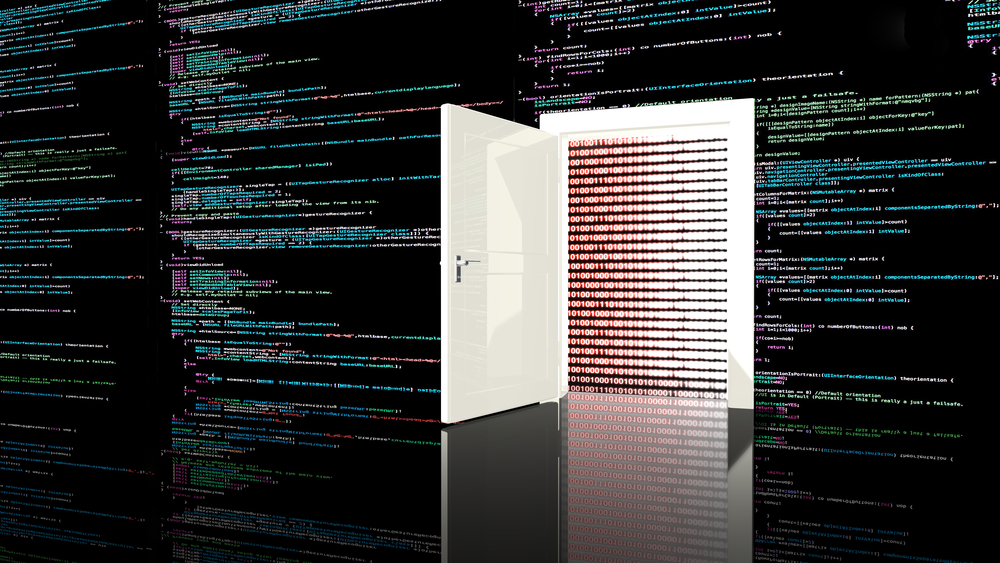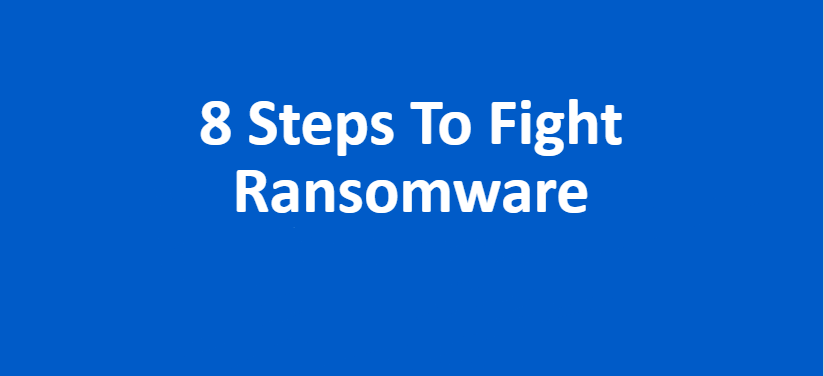SolarWinds hackers are targeting Microsoft AD servers
The “passive and highly targeted" FoggyWeb backdoor has been around since at least April 2021


Nobelium, the hacking group responsible for last year’s cyber attack on SolarWinds, is now stealing data from Active Directory Federation Services (AD FS) servers.
That's according to Microsoft’s Threat Intelligence Center (MSTIC), which has issued a warning about Nobelium’s latest actions on its blog.
The Russian state-backed hacking group was found to be using a post-exploitation backdoor dubbed FoggyWeb in order to remotely exfiltrate sensitive data as well as maintain persistence on victims’ networks, warned MSTIC researcher Ramin Nafisi.
In order to steal the data, Nobelium hackers first gain admin privileges to AD FS servers by employing “multiple tactics to pursue credential theft”. Once they manage to compromise the server, they then deploy FoggyWeb “to remotely exfiltrate the configuration database of compromised AD FS servers, decrypted token-signing certificates and token-decryption certificates”, wrote Nafisi.
The “passive and highly targeted” FoggyWeb backdoor “has been observed in the wild as early as April 2021”, he added.
Microsoft stated that it had notified all customers believed to be targeted by Nobelium. However, it didn’t rule out that some organisations might still be at risk. It recommends that potential victims audit their on-premises and cloud infrastructure, “remove user and app access”, strengthen their passwords, as well as “use a hardware security module (HSM) in securing AD FS servers to prevent the exfiltration of secrets by FoggyWeb”.
RELATED RESOURCE

Eight steps to fight ransomware
Insights into how you can protect yourself from this ever increasing threat
The tech giant also advised organisations to “harden and secure AD FS deployments” by taking additional measures, including limiting on-network access via host firewall and requiring all cloud admins to use multi-factor authentication.
Get the ITPro daily newsletter
Sign up today and you will receive a free copy of our Future Focus 2025 report - the leading guidance on AI, cybersecurity and other IT challenges as per 700+ senior executives
The warning comes three months after Nobelium was found to have engaged in “password spray and brute-force attacks” on Microsoft’s customers, with around 10% of the targets being based in the UK.
The hackers implanted “information-stealing malware” on a device belonging to a Microsoft customer support agent, through which they obtained “basic account information for a small number of [Microsoft’s] customers”, according to the tech giant.
Prior to this, Nobelium launched a wave of attacks on more than 150 government agencies, think tanks, consultants, and NGOs from 24 countries, targeting an estimated 3,000 email accounts.
Having only graduated from City University in 2019, Sabina has already demonstrated her abilities as a keen writer and effective journalist. Currently a content writer for Drapers, Sabina spent a number of years writing for ITPro, specialising in networking and telecommunications, as well as charting the efforts of technology companies to improve their inclusion and diversity strategies, a topic close to her heart.
Sabina has also held a number of editorial roles at Harper's Bazaar, Cube Collective, and HighClouds.
-
 Bigger salaries, more burnout: Is the CISO role in crisis?
Bigger salaries, more burnout: Is the CISO role in crisis?In-depth CISOs are more stressed than ever before – but why is this and what can be done?
By Kate O'Flaherty Published
-
 Cheap cyber crime kits can be bought on the dark web for less than $25
Cheap cyber crime kits can be bought on the dark web for less than $25News Research from NordVPN shows phishing kits are now widely available on the dark web and via messaging apps like Telegram, and are often selling for less than $25.
By Emma Woollacott Published